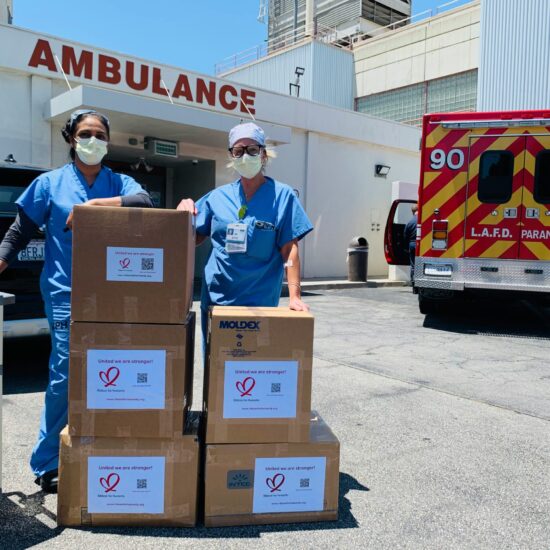The preliminary Institute of Medicine report on the Future of Nursing was released today at the National Press Club in Washington, DC. IOM president Harvey Fineberg, MD, spoke to the importance of this evidence-based report, nptimg that nurses work in every corner of health care and are key to fulfilling the recommendations of prior IOM reports on quality and safety in health care. The Robert Wood Johnson Foundation funded this initiative. Its president, Riza Lavizzo-Mourey, MD, noted that the report is not so much about nursing as it is about transforming health care. Donna Shalala, PhD, president of the University of Miami and former secretary of Health and Human services, served as chair of the diverse committee that developed the recommendations. While there are 8 recommendations, Dr. Shalala noted that there are four key messages:
1. Nurses need to be able to practice to the full extent of their education and training. This will require removing institutional, statutory and regulatory barriers to this aim.
2. Nurses need to pursue higher education and educational systems need to provide methods for seamless progression if nurses are to take on expanded roles now and in the future.
3. Nurses must be full partners with others in redesigning health care in the U.S. Dr. Shalala spoke to the importance of engaging nurses to participate and even lead redesign efforts.
4. Better data and information infrastructure are needed to improve workforce planning and policymaking.
Linda Burnes Bolton, RN, DrPH, vice president of patient care services at Cedar-Sinai Medical Center, noted that “the report speaks to the American people” because it focuses on how to promote access to the high quality, safe, affordable, equitable health care that people want to receive in their homes, workplaces, and elsewhere.
To view a web cast of the press conference, go to . The report and web cast can be accessed at www.iom.edu/nursing.
The corrected copy of the report will be available at a future date. I was pleased to work with Joy Jacobson to write the case studies and profiles included in the report. While I already knew about most of the work that we wrote about, we conducted over 50 interviews to develop the case studies. I was regularly inspired by the innovative, visionary, committed work that my nursing colleagues have been doing and will continue to do everyday. It’s a great time to be a nurse. But it will take continuing to partner with the public, supportive physicians, other health care team members, policymakers and others to move these recommendations forward and, thus, help to transform health care in this nation.
Diana J. Mason, PhD, RN, FAAN, Rudin Professor of Nursing









Donna Nickitas / October 5, 2010
Hearing and now, reading your entry today; I could not agree more with you that it is a great time to be a nurse. It is even greater, as a nurse educator that the future of nursing is my hands. I have an obligation to seek and ensure continuing to partner with the public, supportive physicians, other health care team members, policymakers and others to move these recommendations in nursing education, research and practice. We must model the way with our faculty colleagues, nurse executives and APNs to transform health care in America. It’s nursing’s time!
Donna Nickitas, Professor and Editor, Nursing Economic$
/
Addiction / October 6, 2010
One of the biggest problems my group has isn’t convincing folks that they have a problem. It’s convincing them to address the biggest one first and then deal with the other stuff. Nobody seems to want to do that. Everyone wants a reason or an excuse. They want to worry about the big bruise on their arm when there leg is cut off and they are bleeding out.
/
Katy Roemer / October 17, 2010
We need everyone at the table but particularly nurses who are providing care at the bedside. So many policies are made that do not take into account the realities of direct nursing care at the bedside. I agree that nursing must be able to practice to the full extent of their training and practice but current technologies such as computer charting that are not designed for the nurse at the bedside and pull our attention away from that care and safety initiatives that restrict nurses critical thinking at the bedside are detrimental to that cause. We must move nursing practice forward but with realistic policies that result in better practices and outcomes. Yes, we need the faculty, nurse executives, and APN’s but we also must have bedside nurses at that table too. The bedside nurse must become empowered for us to move forward.
/